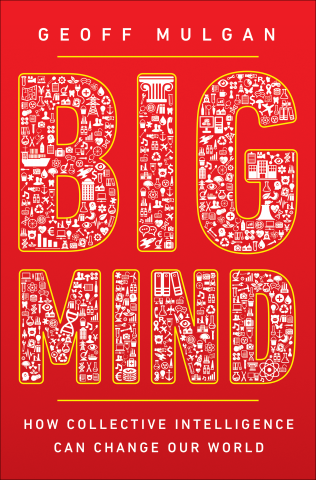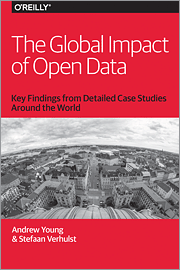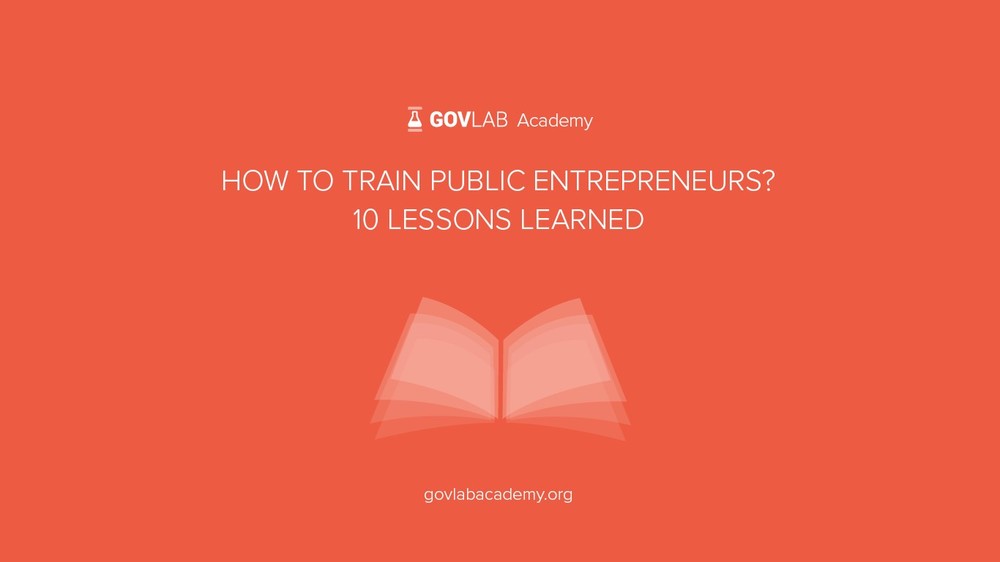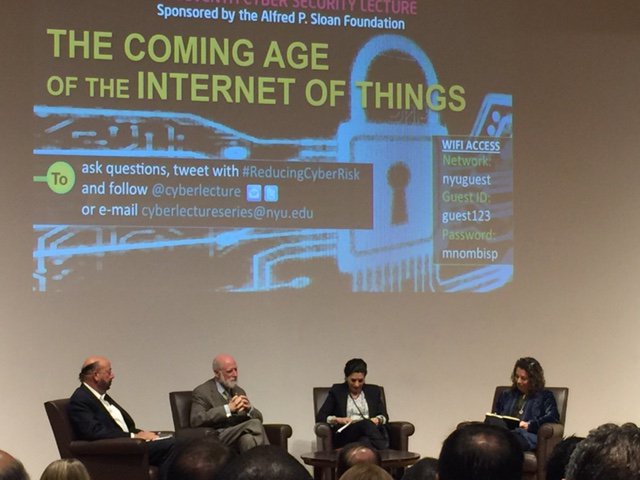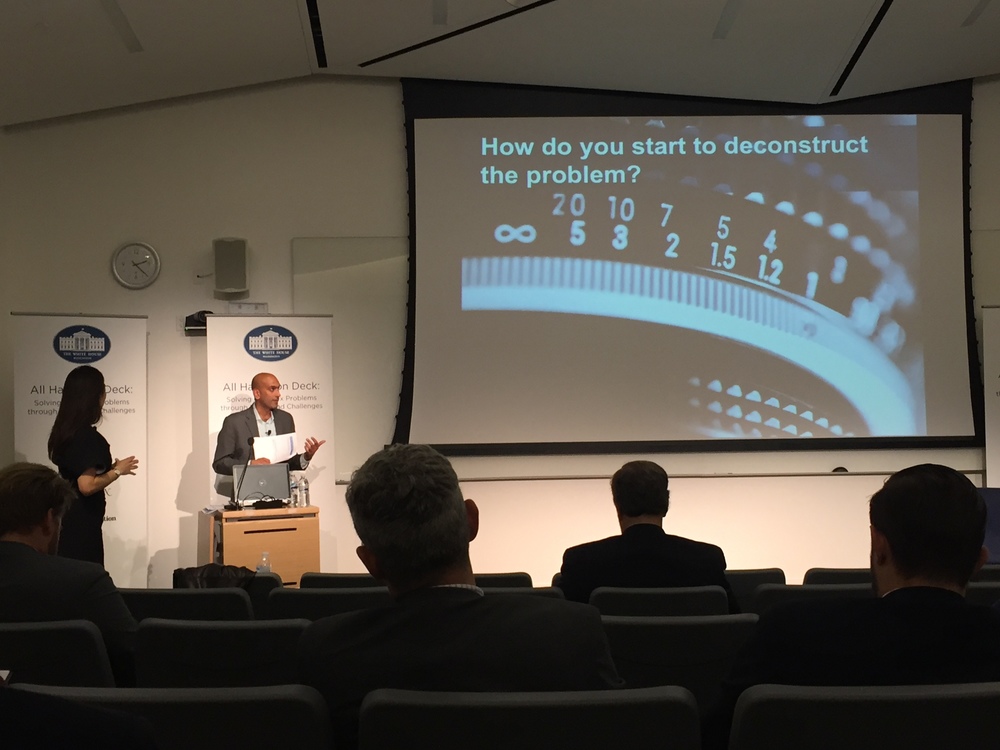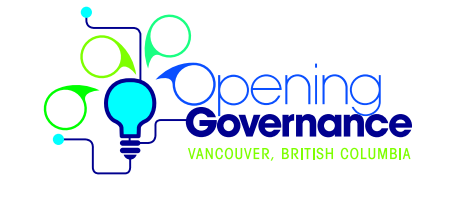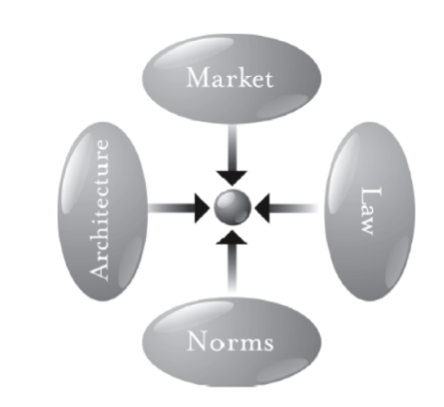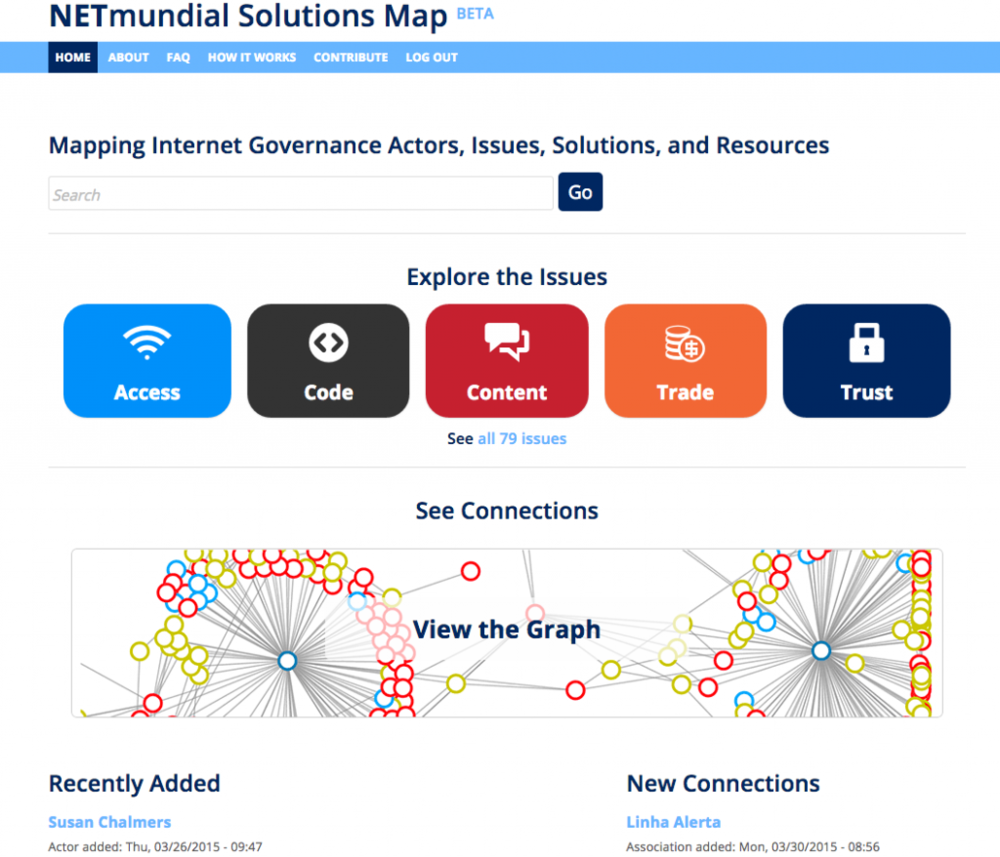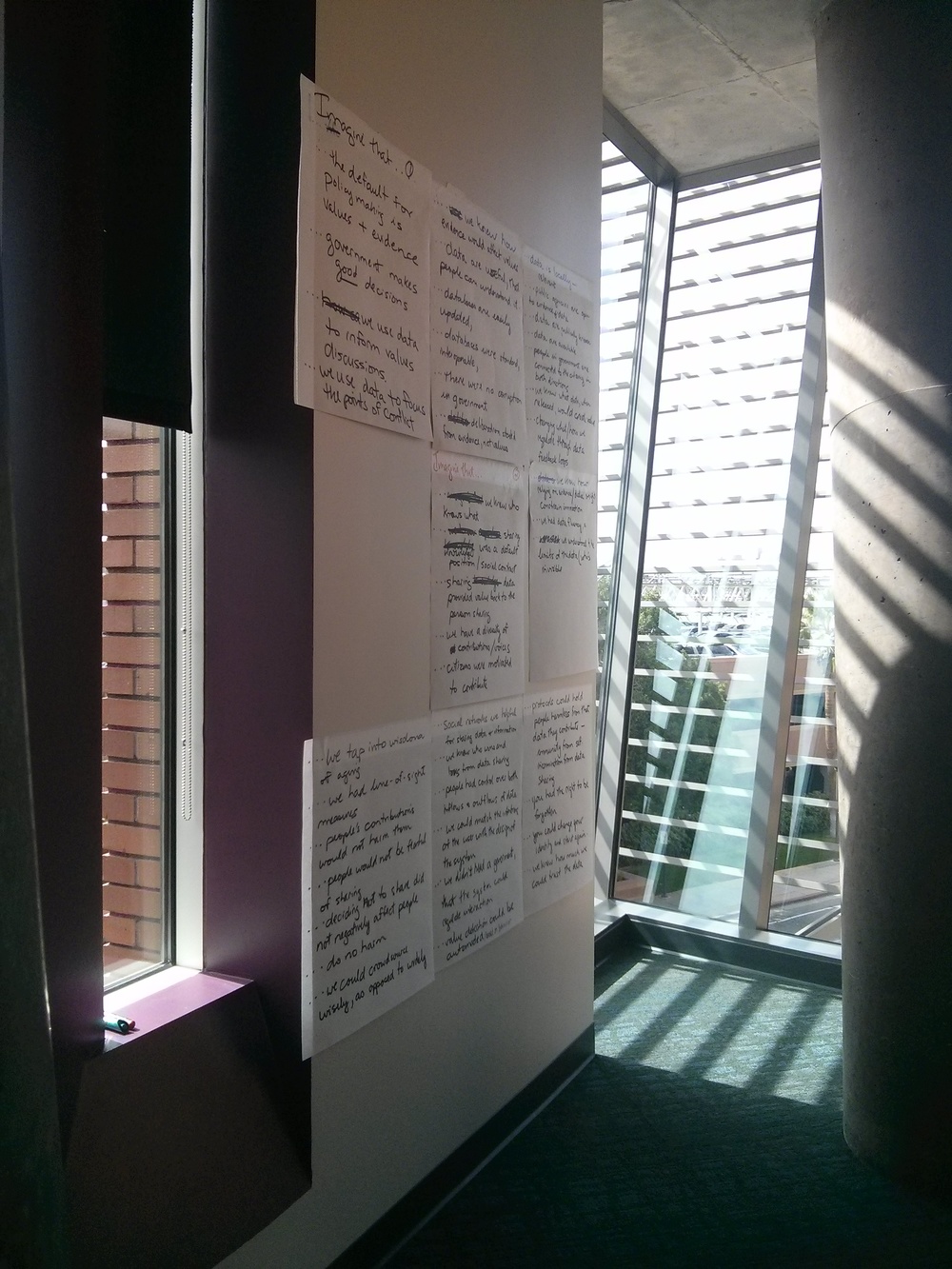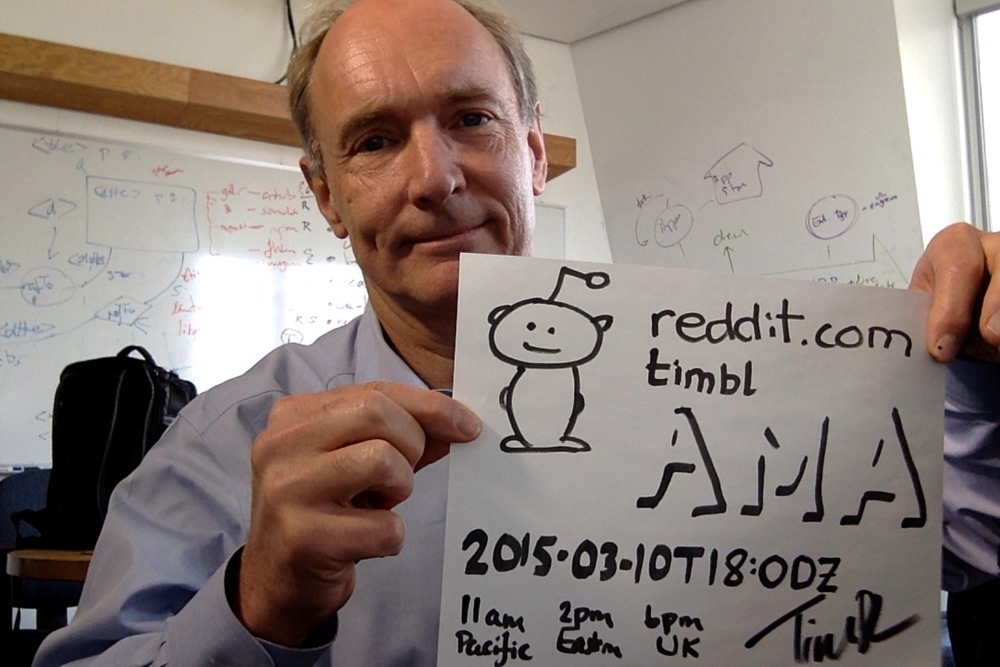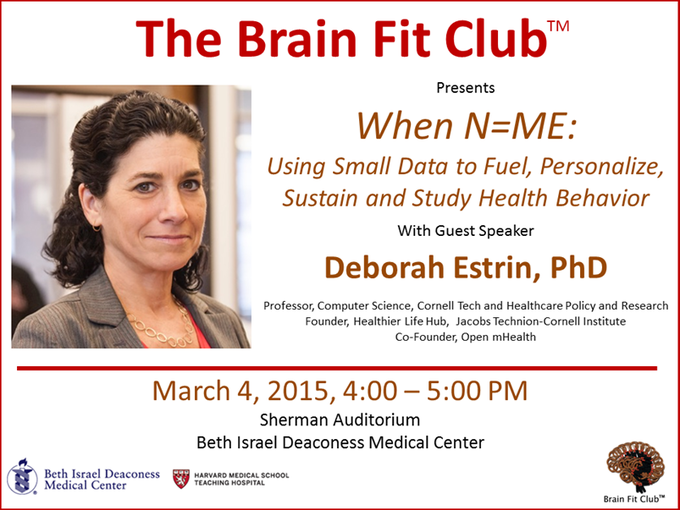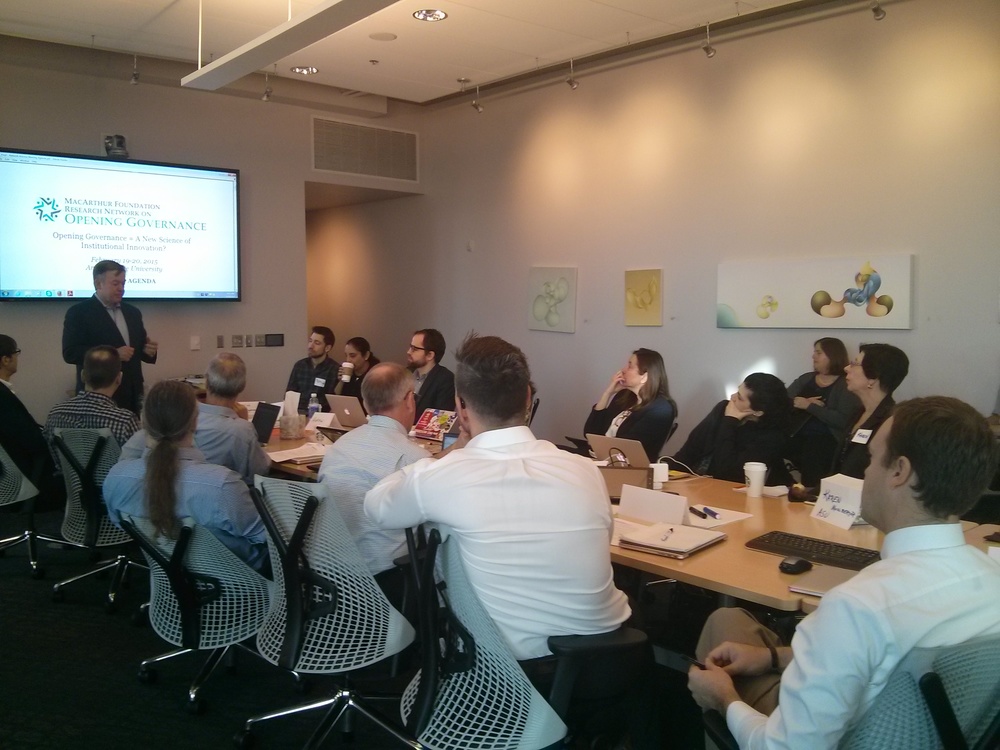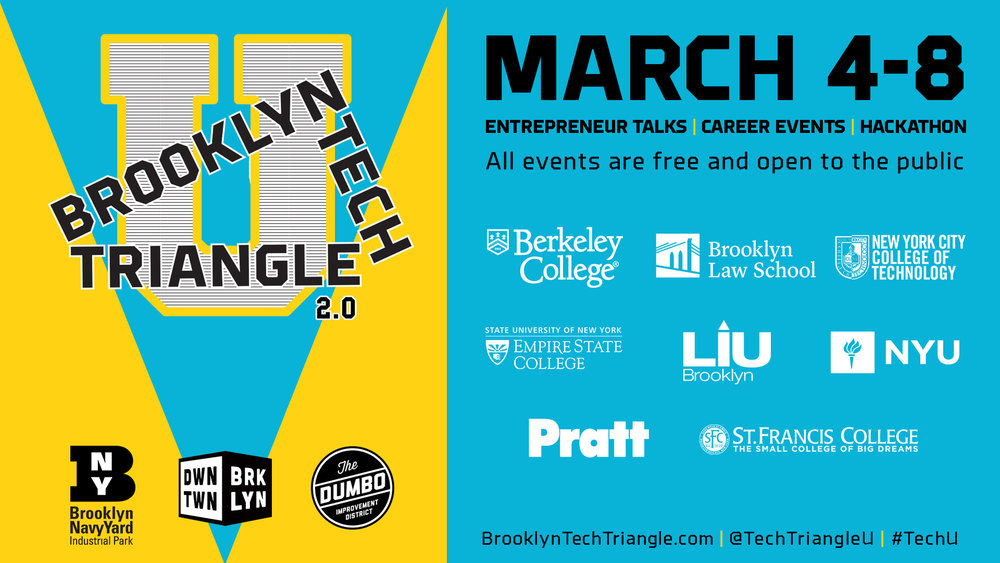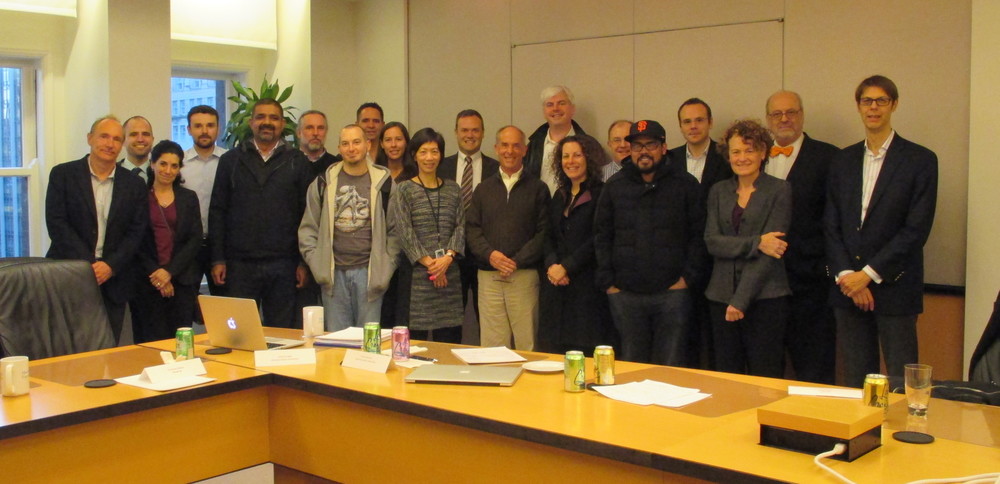The need for innovation in how we govern
We live in a world beset with ever more complex challenges—from the impacts of climate change to the humane delivery of services for refugees to issues arising from aging populations, terrorism, and increasingly unpredictable international relations and relationships. Moreover, citizens’ trust in the institutions tasked with addressing these public challenges – what MacArthur Foundation president Julia Stasch calls “the currency that facilitates every social transaction” – is at an all-time low in regions around the world.
There is a desperate need to ask and answer how we should redesign our governing practices to solve the complex policy challenges of the 21st century. This is not a political question of the choice between policies but fundamentally an inquiry into the mechanisms by which we make policy and deliver services in the public interest.
The need for innovation in how we govern
We live in a world beset with ever more complex challenges—from the impacts of climate change to the humane delivery of services for refugees to issues arising from aging populations, terrorism, and increasingly unpredictable international relations and relationships. Moreover, citizens’ trust in the institutions tasked with addressing these public challenges – what MacArthur Foundation president Julia Stasch calls “the currency that facilitates every social transaction” – is at an all-time low in regions around the world.
There is a desperate need to ask and answer how we should redesign our governing practices to solve the complex policy challenges of the 21st century. This is not a political question of the choice between policies but fundamentally an inquiry into the mechanisms by which we make policy and deliver services in the public interest.
